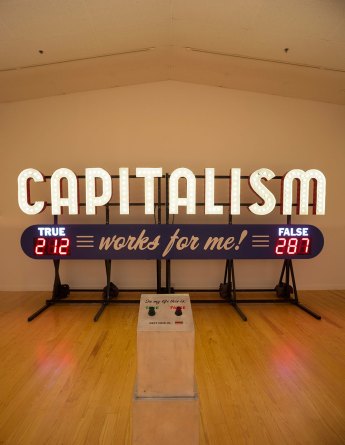How Will The Free Market Save The Most Challenging Students
Yesterday, Debbie Meyer put up a post at Project Forever Free that, unfortunately, does not strain the limits of credulity. It's about her journey as a parent and advocate, about the struggle to get her child the educational services that he's entitled to, and her subsequent work in helping other parents learn how to do the same.
Struggles between parents of students with special needs and the public school system are all too common. And yes, sometimes the parents want things that are simply not realistic and yes, the published versions of these battles are often missing critical information because the school cannot defend its position by opening up confidential student records. Even so, there can be no doubt that sometimes it takes a good-sized legal firestorm to get public school administrators off their butts and busy getting those students the educational services to which they are absolutely entitled.
I am not going to argue for a single second about the rightness of Meyer's story or suggest that there's something wrong in the advocacy work she does.
But it brings up a question that nags at me about charters, vouchers, ESAs and the whole spectrum of free market choice-centered ed reform ideas. Aside from my philosophical objections to such systems, I want to ask-- what happens to a child like this in a free market education system?
Early on in the article, Meyer says this:
I successfully advocated for my illiterate, suicidal fourth-grader to get a free and appropriate education at a school specializing in proper instruction for dyslexic kids and struggling readers.
"Free and appropriate education" is only a thing in public schools. If you tell me that parents like CONTINUE READING: CURMUDGUCATION: How Will The Free Market Save The Most Challenging Students
























